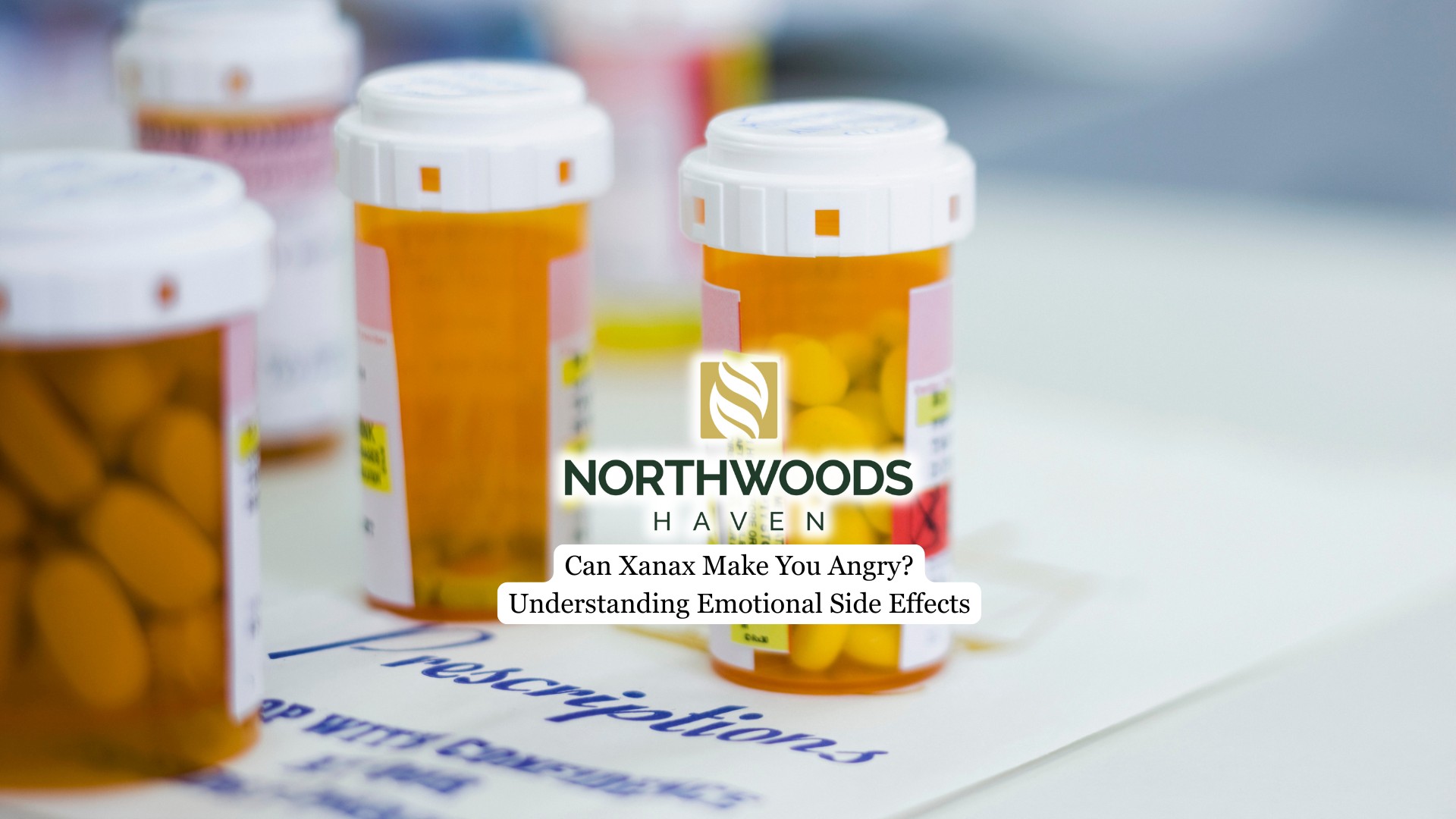Alcoholism, or alcohol use disorder (AUD), is a condition that often develops gradually over time. It begins with seemingly harmless habits, but over the years, it can turn into addiction, causing physical, emotional, and social harm.
In this article, we will explore the stages of alcoholism, from the early warning signs to severe health consequences, and discuss treatment options available at each stage.
The Pre-Alcoholic Stage: Early Warning Signs
During the pre-alcoholic stage, drinking is typically not a cause for concern. For many people, alcohol is consumed in social situations or occasionally to unwind after a long day. However, this phase is crucial as it marks the beginning of a subtle shift toward dependency.
Individuals in this stage may start to drink more regularly, perhaps seeking alcohol as a means of coping with stress, anxiety, or other negative emotions. They may also begin to rationalize their drinking, telling themselves that it helps them relax or fit in with others. Early warning signs during this stage include drinking alone, developing a higher tolerance for alcohol, and feeling the need to drink more to achieve the same effects.
Intervention and subsequent treatment at this stage are critical because it’s much easier to address the issue before it becomes more ingrained. Cognitive behavioral therapy (CBT) and counseling can help individuals address underlying stressors or emotional issues driving their drinking habits.
The Early Stage
At this point, the individual may still function in their daily life, but their drinking habits are beginning to take a toll. Alcohol consumption becomes more frequent and may involve binge drinking. The individual may drink alone or in larger quantities, using alcohol to manage stress, frustration, or depression.
In this stage, alcohol begins to take priority over other responsibilities, such as work, relationships, and personal health. The individual may experience blackouts or memory loss due to excessive drinking. There may also be an increase in risky behaviors, such as driving under the influence or engaging in unsafe activities.
Treatment during this stage can still be highly effective. Behavioral therapy, such as CBT, and counseling can help individuals recognize the negative patterns in their drinking behavior and begin to make changes. Support groups like Alcoholics Anonymous (AA) can also be beneficial, providing a sense of community and shared experience to aid in the recovery process.

The Middle Stage
By the middle stage of alcohol abuse, the individual’s dependence on alcohol is more evident. Drinking has become a daily habit, and the person may find it difficult to function without alcohol. Relationships with family, friends, and coworkers may begin to deteriorate as the individual’s focus shifts primarily toward alcohol consumption.
Physical and psychological dependence on alcohol starts to set in, meaning that the person experiences cravings, irritability, and withdrawal symptoms when they try to stop drinking. Health issues such as liver damage, stomach problems, or high blood pressure may begin to surface. The individual may still deny their problem, making it harder to seek help.
At this stage, professional treatment is often necessary. Detoxification programs may be needed to manage withdrawal symptoms, which can be severe and even life-threatening. Inpatient or outpatient rehab programs provide structured environments where individuals can receive medical care, counseling, and support as they work through their dependence.
End-Stage Alcoholism
End-stage alcoholism is the most severe phase of alcohol use disorder. At this point, alcohol has taken a serious toll on the individual’s physical, mental, and emotional health. Chronic liver disease, cardiovascular problems, neurological damage, and mental health disorders such as severe depression and anxiety are common in individuals who reach this stage. The person’s ability to function in daily life is often severely compromised.
Social relationships are typically shattered, and employment is often lost. In this stage, the individual may become isolated and may not have the energy or will to seek help. The risk of life-threatening complications, such as alcohol poisoning or organ failure, is significant.
Treatment at this stage is difficult but not impossible. A comprehensive treatment plan involving medical supervision, detox, and long-term rehabilitation is necessary. Inpatient programs that provide medical care, counseling, and therapy are critical for individuals in this stage. Family therapy and continued support groups can help rebuild relationships and offer ongoing recovery assistance.
Final Thoughts from Northwoods Haven Recovery
Alcoholism is a progressive disease that deeply affects an individual’s health and relationships. At Northwoods Haven, we recognize that each stage of alcohol use disorder requires a personalized approach. Through comprehensive assessments, our team creates customized treatment plans that include therapies like cognitive-behavioral therapy, counseling, and group support.



